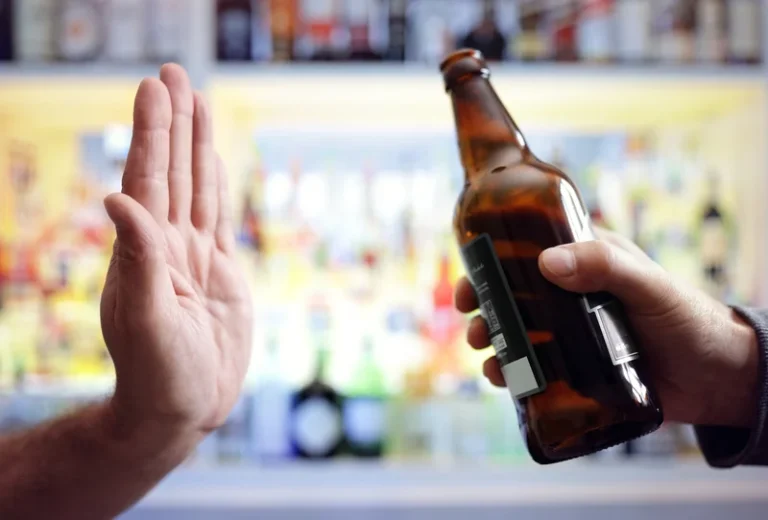
Discover the traits and dangers of an addictive personality and learn the crucial steps towards recovery. Discover why AA is harmful to some, exploring addiction, health effects, and recovery strategies for better support. Discover essential steps for finding good drug treatment centers that cater to individual needs and ensure recovery. Discover what can help with alcohol cravings, from coping strategies to dietary approaches and medications. Explore vital addiction recovery support systems that empower individuals to thrive on their path to healing. Explore if coffee is a drug, from caffeine’s stimulant properties to withdrawal symptoms and health impacts.

Medical Disclaimer
Setting short-term and long-term goals can also be beneficial, providing motivation and a feeling of achievement. Additionally, medications can play a role in diminishing cravings and the urge to drink, especially when combined with ongoing therapy and participation in support groups. For many individuals, it involves a journey marked by progress, setbacks, and unforeseen obstacles. One of the most challenging and disheartening elements of this experience is the occurrence of an alcohol relapse. Knowing the warning signs of impending relapse can help you prevent it, as well as educate yourself on your personal triggers. The NIDA (National Institute of Drug Abuse) states that any person recovering from addiction is likely to relapse at least once during their recovery journey.
- Perhaps you need to avoid certain places, some family and friends, or even avoid listening to specific songs.
- This means that your aftercare is just as important as the care in a treatment facility.
- These services help patients gradually transition from intensive treatment while maintaining clinical oversight.
- Being aware of your triggers is the first step in understanding how to prevent relapse in the future.
- Getting the right support and aftercare will determine exactly how well a person will cope after the event of recovery.
Life After Relapse — How to Bounce Back and Start Over
Next to each, add the techniques you and your therapist or support team have come up with to manage it. This could be due to various mental health issues, or it could also mean that the person’s brain is finding it hard to focus without the coping mechanism of alcohol or a drug. As you’re wondering about what to do after a relapse, know that we are here to help. At Lighthouse Recovery Institute, our goal is to help you find long-term recovery from addiction. Our therapists know too well the struggles of relapses and how debilitating it can what to do after a relapse be. We can help you create a relapse prevention plan that helps you stay sober.
Create A New Recovery Plan

Even if you keep drinking, you’re at a high risk of alcohol fatigue syndrome, which will make you chronically sleepy. That’s why you’re much better off quitting drinking with help from professionals who can get you back to quality sleep and a more rested state. If you’re worried about extreme fatigue after quitting alcohol, you’re not alone. It’s essential to keep in mind that fatigue and other side effects are common in the early days of sobriety, and it’s a sign that your body is starting to recover from the damage caused by drinking. Navigate alcohol withdrawal symptoms effectively with our comprehensive guide on management and care. Choosing The River Source means choosing a partner in your recovery journey.
- Many people in recovery discover that establishing routines and a structured daily schedule can offer stability and a sense of purpose, which in turn helps mitigate cravings and alleviate stress.
- If you can demonstrate to those closest to you that you are making an effort to include them in your recovery, then you will start to feel more motivated to continue.
- CBT is highly effective in alcohol recovery, with research by McHugh RK, Hearon BA, and Otto MW.
Lifestyle Quizzes

This step may be particularly tough, especially if you’ve hurt your friends and family members with your addiction in the past. But support from the most important people in your life is critically important if you want to recover for good. When you approach loved ones, do so honestly and alcoholism symptoms make sure you intend to go through with whatever you promise to do. Prepare yourself for a difficult conversation; admitting you slipped up will be difficult and humbling. If you can’t bring yourself to meet in person, make a phone call or send an email or text.


